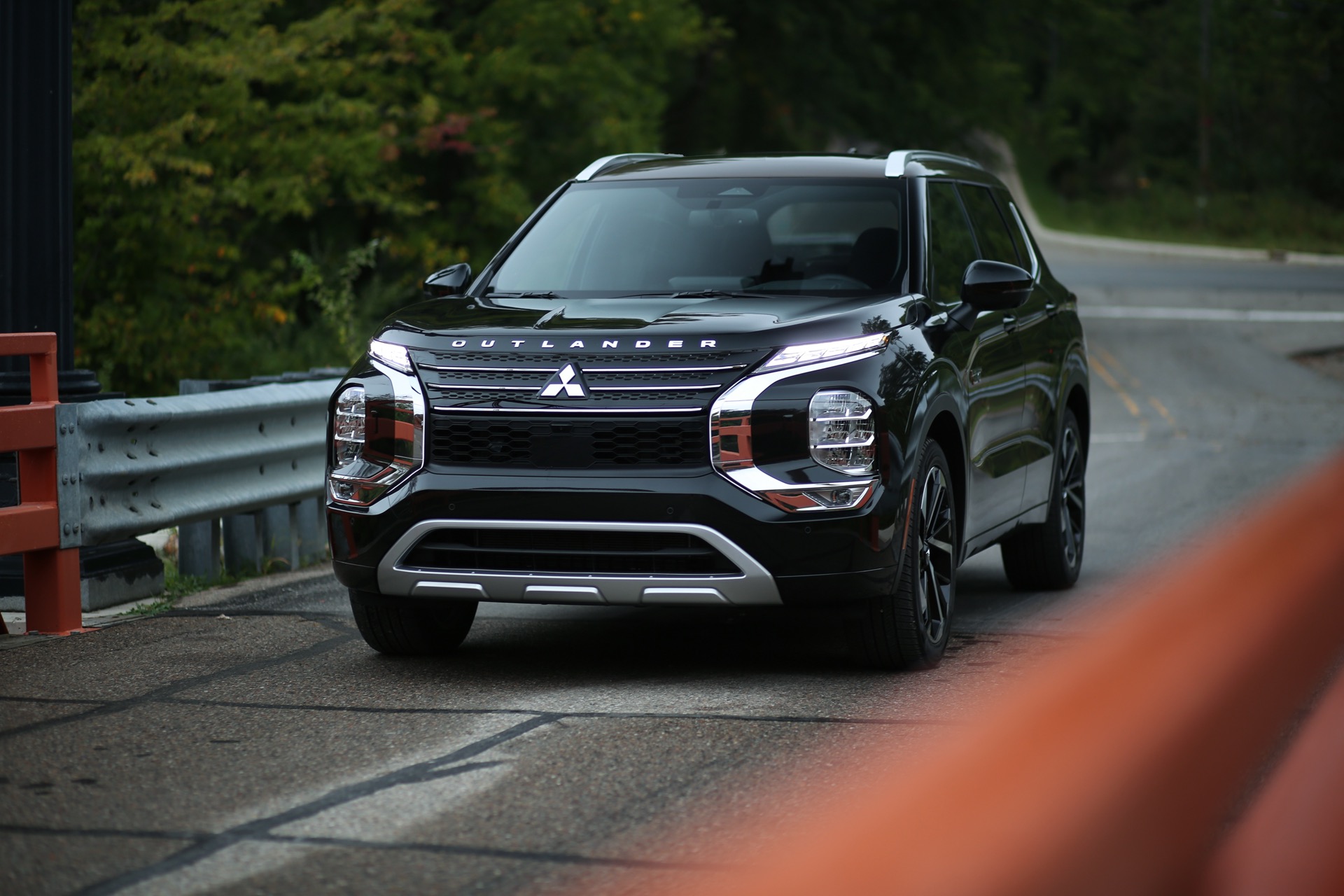By sales, SUVs have surpassed sedans, wagons, hatchbacks, and minivans, and last year they also accounted for 53% of battery-electric vehicle sales and 83% of plug-in hybrid sales. Conventional car body styles still accounted for 43.4% of EV sales, but just 10% of plug-in hybrid sales.
SUVs are generally heavier and less aerodynamic than cars, which impacts efficiency of internal-combustion and electric powertrains alike. That’s led to differing analyses of the relatively high number of plug-in SUV sales.
The DOE has a fairly positive outlook, saying in September that a small electric SUV with 300 miles of range is estimated to have half the lifetime greenhouse gas emissions of a comparable gasoline vehicle. In 2021 it said that popular small SUVs were a meaningfully better choice than larger models in terms of overall emissions—and that EVs and plug-in hybrids were better still.



I mean, the US isn’t a market where sedans and coupes (“conventional cars” as the OP says) can succeed. SUVs and CUVs have been the popular choice for consumers here by far. Domestic automakers get the majority of the sales from the US market, so of course their EV line needs to address that market.
Seems like the system is working as intended to me. If people were going to buy an ICE crossover before, and now they bought an EV style instead, that’s a win